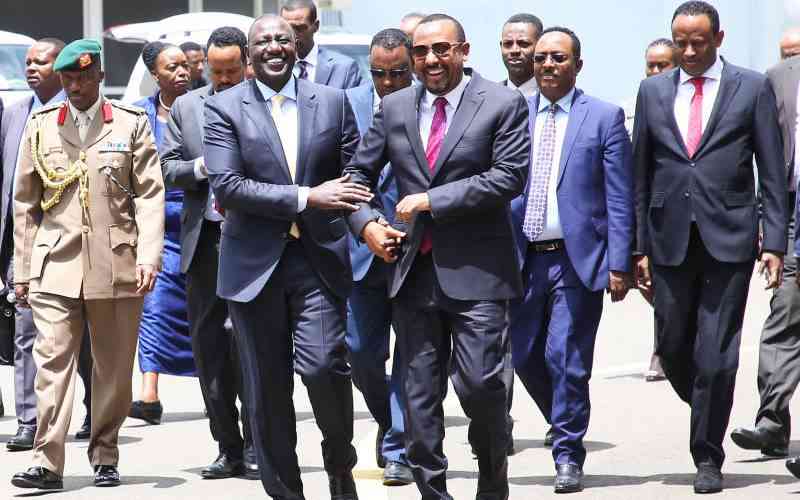×
The Standard e-Paper
Smart Minds Choose Us

The ongoing conflict and economic crisis in neighbouring Ethiopia have cast a dark shadow over Safaricom's prospects, analysts say.
Safaricom's plans to expand its operations in the Horn of Africa country had recently received a huge financial boost after the World Bank's private investment arm injected $257.4 million (Sh40.1 billion) into the consortium.